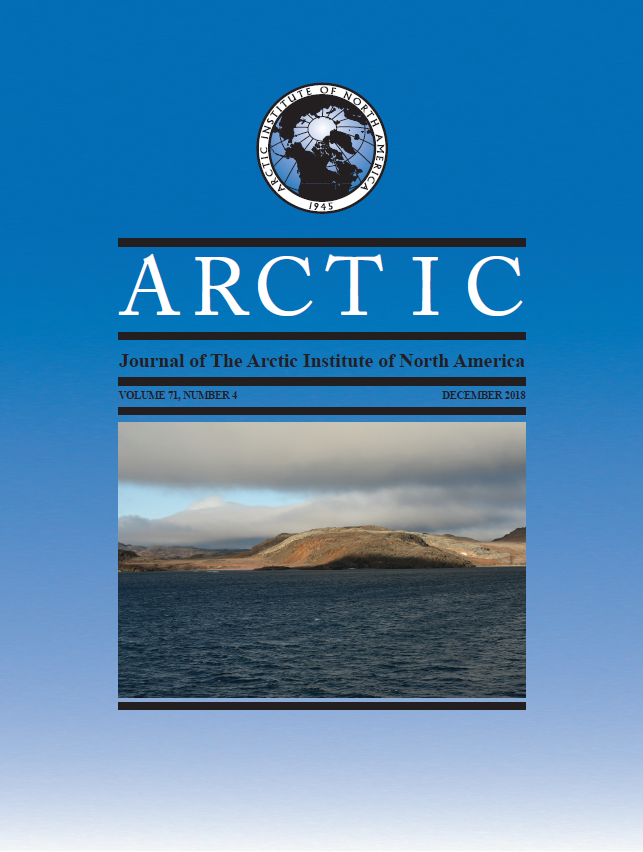The Future of Hydrocarbon Development in Greenland: Perspectives from Residents of the North Slope of Alaska
DOI:
https://doi.org/10.14430/arctic4750Ключевые слова:
hydrocarbon, oil and gas, sustainable development, Arctic, FPIC, public participation, community guideАннотация
Although Greenland has pursued hydrocarbon development over the last four decades, no viable reserves have been found to date. Therefore, local Greenland communities have little experience or knowledge of how such development might affect their way of life or how to influence project development and outcomes should a significant reserve be found. On the North Slope of Alaska, in contrast, hydrocarbon extraction was commercialized in the 1970s, and the industry is now highly developed. North Slope residents have experienced dramatic influences on their everyday lives and well-being as a result of large-scale hydrocarbon projects. Some consequences have been welcomed, such as economic development and higher employment rates; however, other impacts are harmful, such as reduced ability of local peoples to maintain subsistence hunting practices. The villages on Alaska’s North Slope share many features in common with settlements in Greenland, such as small size, isolation, and limited political influence. In this study, we explore how Greenlanders might learn from the Alaska experience by examining the comments of North Slope residents. We propose that increased local-to-local recommendation-sharing across the Arctic would better guide sustainable development practices and benefits into potential future projects in Greenland. We conclude that an Arctic “Community Guide” and the process to create one could improve planning and implementation of hydrocarbon projects across the Arctic and promote locally appropriate sustainable development in the affected communities.


